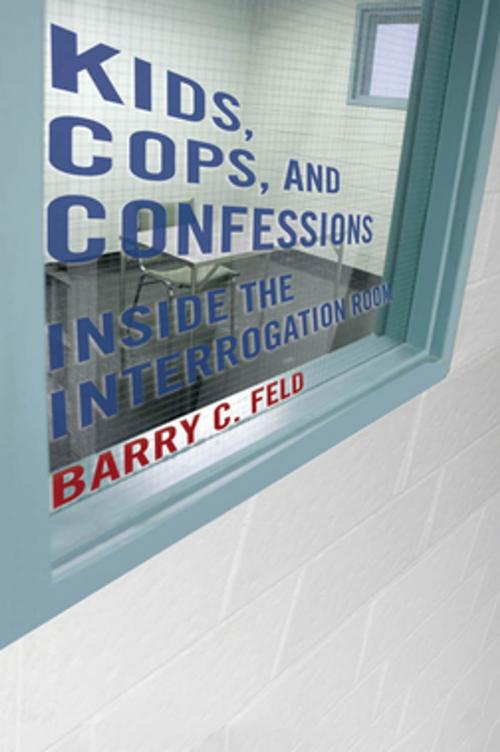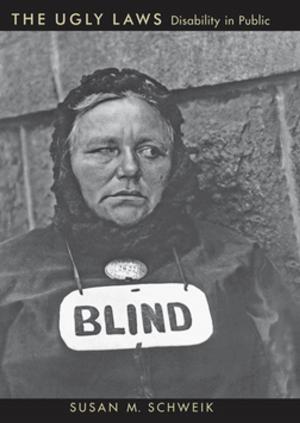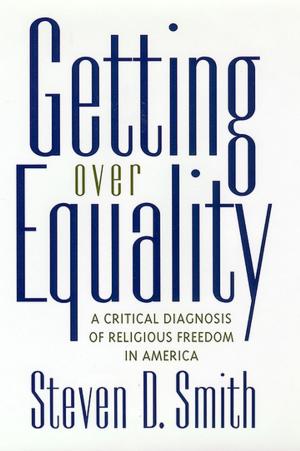Kids, Cops, and Confessions
Inside the Interrogation Room
Nonfiction, Reference & Language, Law, Criminal Procedure, Social & Cultural Studies, Social Science, Crimes & Criminals, Criminology| Author: | Barry C. Feld | ISBN: | 9780814770672 |
| Publisher: | NYU Press | Publication: | November 26, 2012 |
| Imprint: | NYU Press | Language: | English |
| Author: | Barry C. Feld |
| ISBN: | 9780814770672 |
| Publisher: | NYU Press |
| Publication: | November 26, 2012 |
| Imprint: | NYU Press |
| Language: | English |
Juveniles possess less maturity, intelligence, and competence than adults, heightening their vulnerability in the justice system. For this reason, states try juveniles in separate courts and use different sentencing standards than for adults. Yet, when police bring kids in for questioning, they use the same interrogation tactics they use for adults, including trickery, deception, and lying to elicit confessions or to produce incriminating evidence against the defendants. In Kids, Cops, and Confessions, Barry Feld offers the first report of what actually happens when police question juveniles. Drawing on remarkable data, Feld analyzes interrogation tapes and transcripts, police reports, juvenile court filings and sentences, and probation and sentencing reports, describing in rich detail what actually happens in the interrogation room. Contrasting routine interrogation and false confessions enables police, lawyers, and judges to identify interrogations that require enhanced scrutiny, to adopt policies to protect citizens, and to assure reliability and integrity of the justice system. Feld has produced an invaluable look at how the justice system really works.
Juveniles possess less maturity, intelligence, and competence than adults, heightening their vulnerability in the justice system. For this reason, states try juveniles in separate courts and use different sentencing standards than for adults. Yet, when police bring kids in for questioning, they use the same interrogation tactics they use for adults, including trickery, deception, and lying to elicit confessions or to produce incriminating evidence against the defendants. In Kids, Cops, and Confessions, Barry Feld offers the first report of what actually happens when police question juveniles. Drawing on remarkable data, Feld analyzes interrogation tapes and transcripts, police reports, juvenile court filings and sentences, and probation and sentencing reports, describing in rich detail what actually happens in the interrogation room. Contrasting routine interrogation and false confessions enables police, lawyers, and judges to identify interrogations that require enhanced scrutiny, to adopt policies to protect citizens, and to assure reliability and integrity of the justice system. Feld has produced an invaluable look at how the justice system really works.















